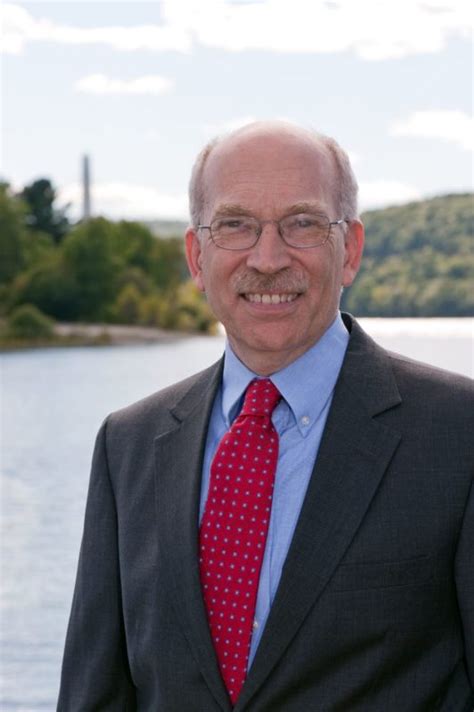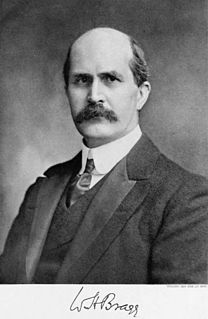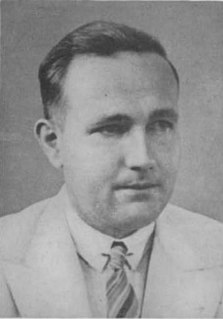A Quote by Richard Rosen
Psychobabble is... a set of repetitive verbal formalities that kills off the very spontaneity, candor, and understanding it pretends to promote. It's an idiom that reduces psychological insight to a collection of standardized observations, that provides a frozen lexicon to deal with an infinite variety of problems.
Related Quotes
It is clear that all verbal structures with meaning are verbal imitations of that elusive psychological and physiological process known as thought, a process stumbling through emotional entanglements, sudden irrational convictions, involuntary gleams of insight, rationalized prejudices, and blocks of panic and inertia, finally to reach a completely incommunicable intuition.
Conventions vs. spontaneity. This is a dialectical choice, it depends on the assessment you make of your own times. If you judge that your own time is ridden with empty insincere formalities, you plump for spontaneity, for indecorous behavior even...Much of morality is the task of compensating for one's age. One assumes unfashionable virtues, in an indecorous time. In a time hollowed out by decorum, one must school oneself in spontaneity.
Basketball is an intricate, high-speed game filled with split-second, spontaneous decisions. But that spontaneity is possible only when everyone first engages in hours of highly repetitive and structured practice--perfecting their shooting, dribbling, and passing and running plays over and over again--and agrees to play a carefully defined role on the court. This is the critical lesson of improve, too, and it is also a key to understanding a puzzle of Millennium Challenge: spontaneity isn't random.
Because the regime is captive to its own lies, it must falsify everything. It falsifies the past. It falsifies the present, and it falsifies the future. It falsifies statistics. It pretends not to possess an omnipotent and unprincipled police apparatus. It pretends to respect human rights. It pretends to prosecute no one. It pretends to fear nothing. It pretends to pretend nothing.
Understanding a theory has, indeed, much in common with understanding a human personality. We may know or understand a man's system of dispositions pretty well; that is to say, we may be able to predict how he would act in a number of different situations. But since there are infinitely many possible situations, of infinite variety, a full understanding of a man's dispositions does not seem to be possible.
Geology is part of that remarkable dynamic process of the human mind which is generally called science and to which man is driven by an inquisitive urge. By noticing relationships in the results of his observations, he attempts to order and to explain the infinite variety of phenomena that at first sight may appear to be chaotic.
































